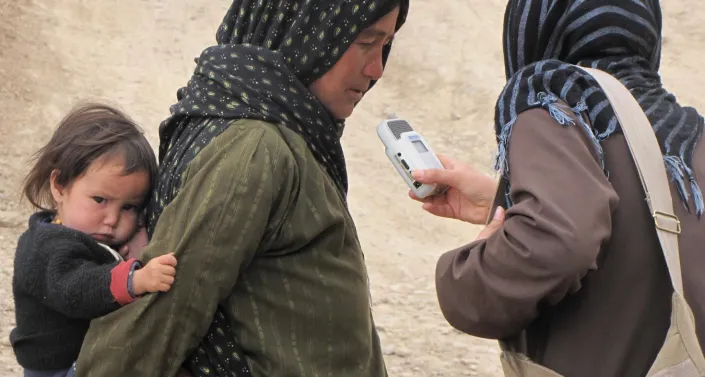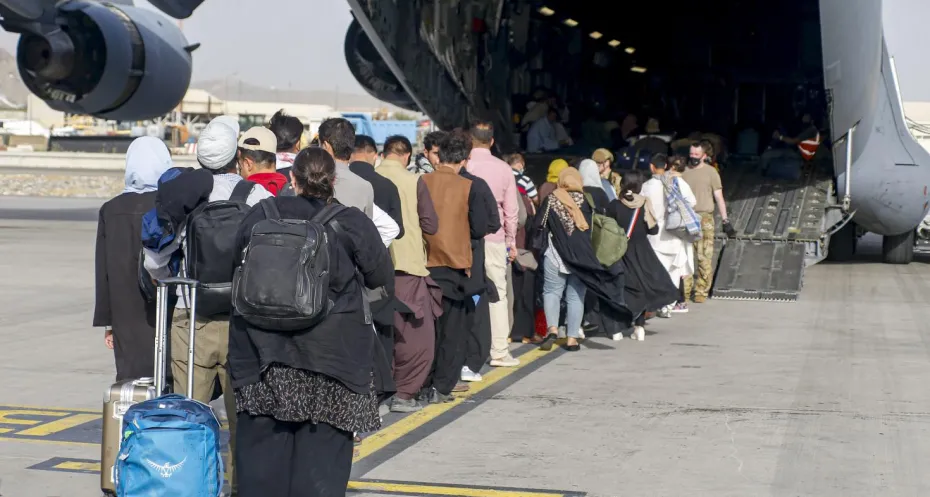
Afghanistan
Ranking 156 on the RSF Press Freedom Index, Afghanistan is a very dangerous country for journalists. After the power take over from the Taliban, the safety of correspondents, independent media and fixers in Afghanistan is under constant threat. In particular, Afghans who have collaborated with Western parties are targeted. With Free Press Unlimited’s emergency support programme Reporters Respond we try to help as many journalists as possible.
For the past 20 years, there has been relative freedom for media in Afghanistan. Since last year, this has been replaced by censorship in the form of accommodating to the wishes and orders of the Taliban. There are many threats against media, and reports of harassment and pursuit. The number of Afghan independent journalists still writing about what is happening in their country is unfortunately limited. Free Press Unlimited is still working hard to ensure the safety of journalists remaining in Afghanistan.
Threats and attacks
Through our Reporters Respond we received hundreds of requests for emergency aid from Afghan journalists who have not been able to flee or evacuate the country. This shows that there is a lot of panic and fear among them. Prominent journalists are under threat and are moving from place to place to stay safe. Some journalists are unable to escape and are attacked. In other cases relatives are attacked if the journalists concerned are not found.
We also receive many reports that female journalists are at greater risk. Two female presenters of Radio Television Afghanistan have been ordered by the Taliban to stay at home and were replaced by male colleagues.
Struggling for basic needs
We also see media-workers losing their income as a result of them no longer being able to (safely) do their jobs. Without an income, many are currently experiencing economic hardship. Not only can they no longer pay the rent, but also basic needs such as water and food are increasingly harder to afford. In many cases, family members can also not go out because of the fear that they will be followed by the Taliban, and because there is very little food available as is.
Lack of reliable information
Due to the censorship and the outflow of critical voices, there is currently little reliable information available. It is crucial that this is taken into account in the humanitarian response to the Afghan crisis. Investment in local media is incredibly important, as well as short-term investment that ensures safe spaces are available for journalists who are threatened or persecuted.
In close cooperation with the Dutch Ministry and a network of involved journalists, we were able to bring 27 journalists and their families (97 people in total) to safety after the crisis started, 79 of whom arrived in the Netherlands. They would like to continue their work. We remain in contact with them to see how we can help them further. Of course, we are also staying in touch with journalists and media workers who have stayed behind, and are working to keep them safe.
You can read more about our work in Afghanistan in this dossier.
Photo: Bastiaan.

